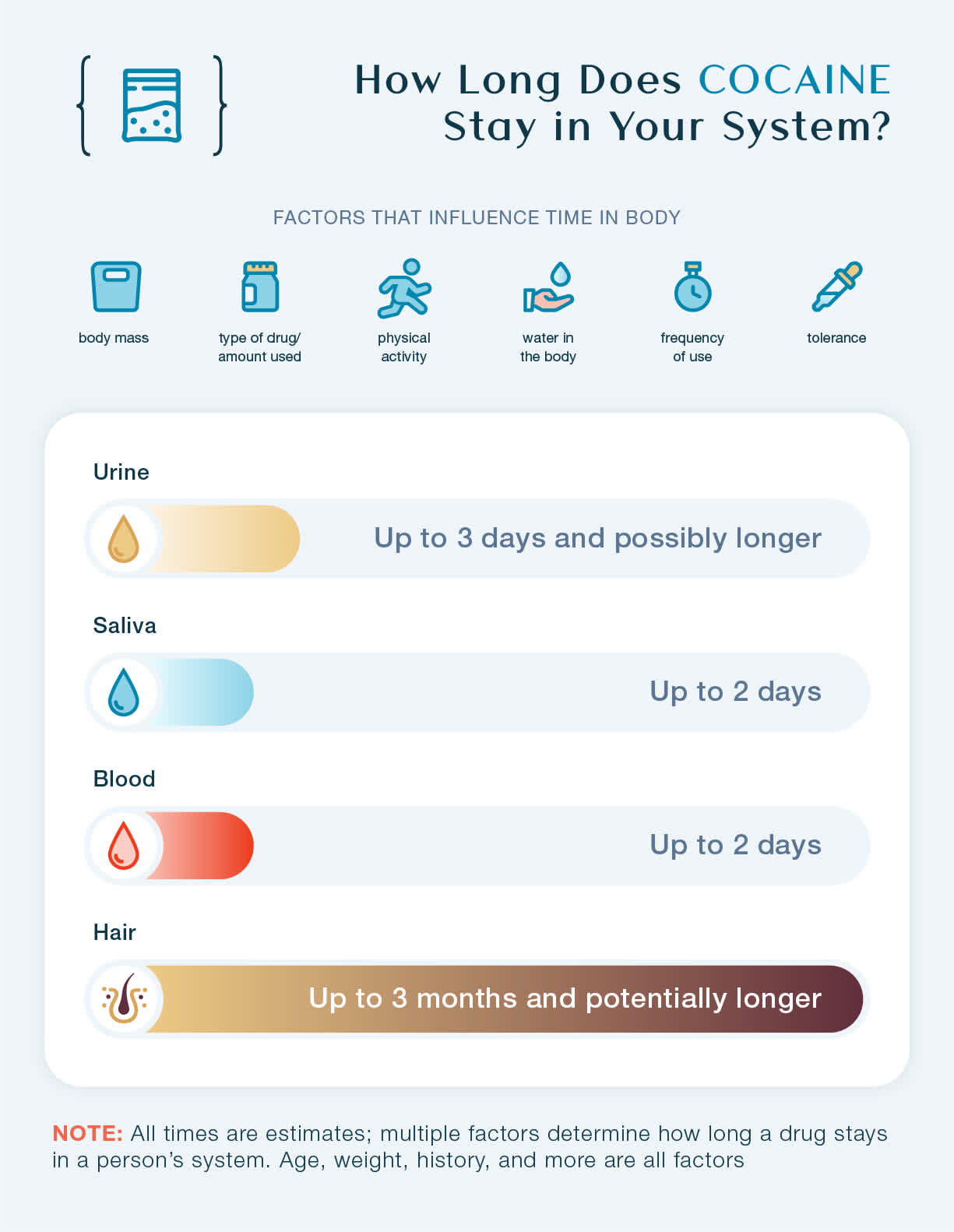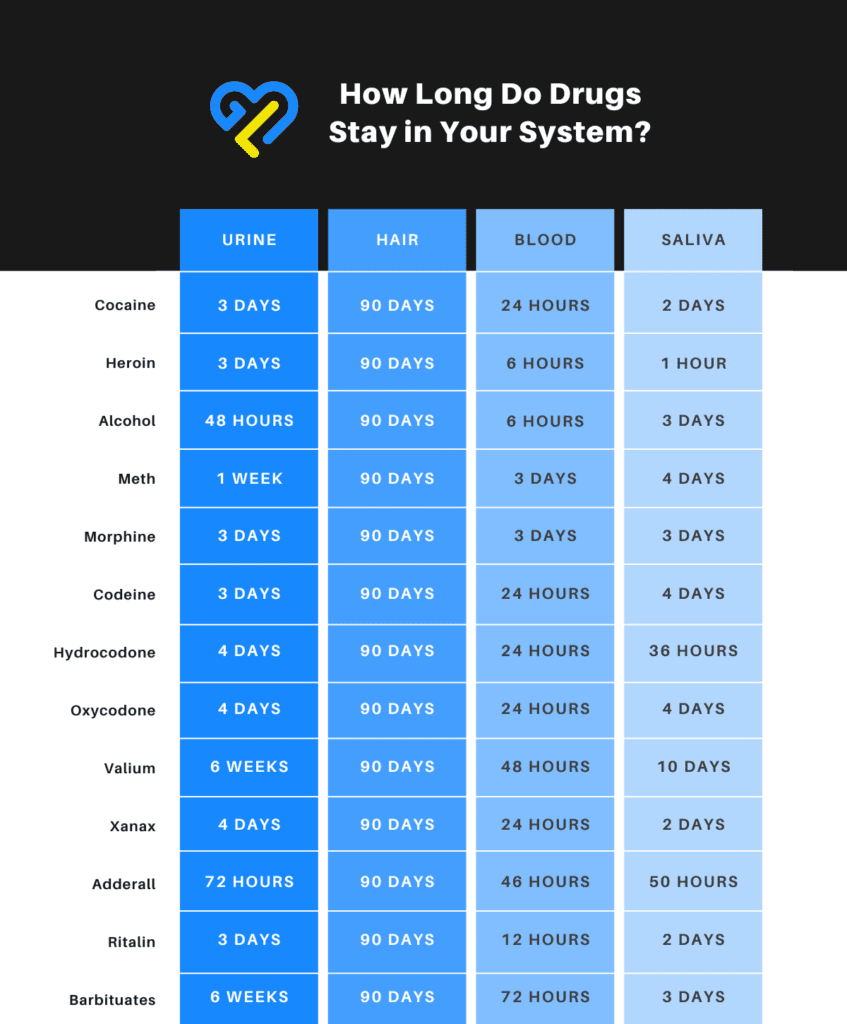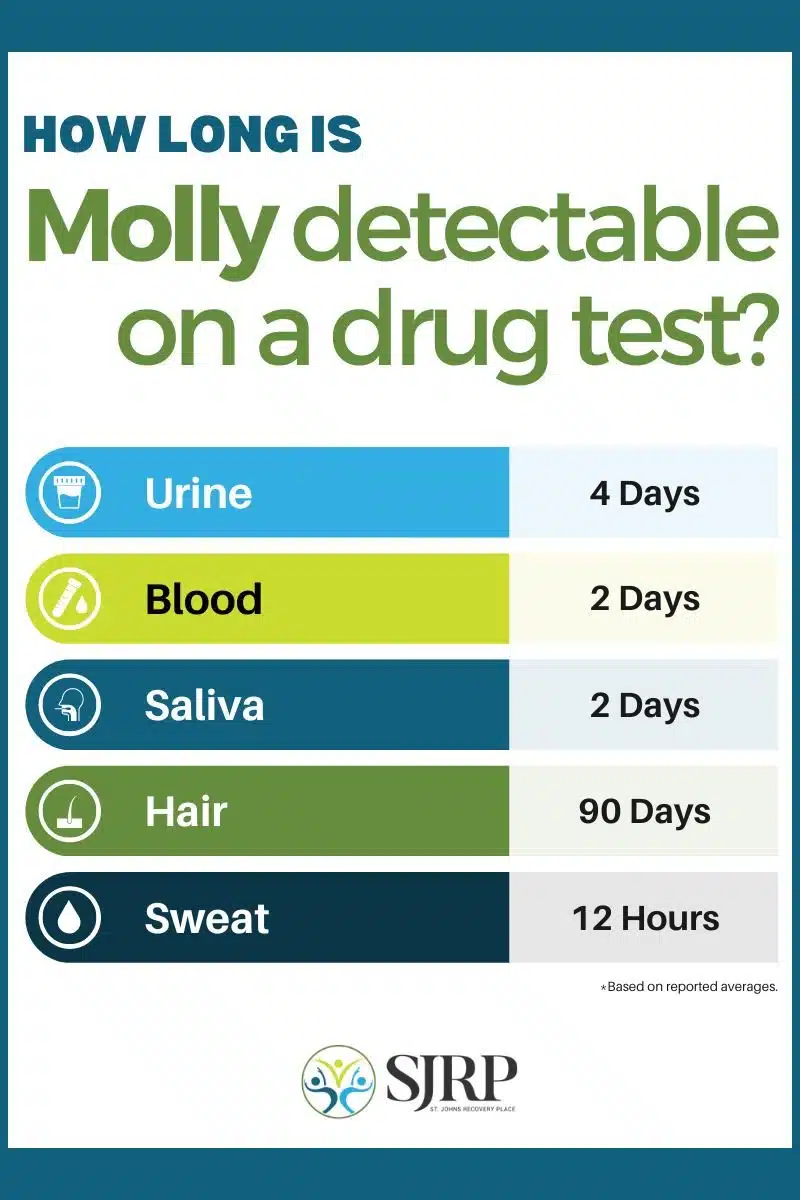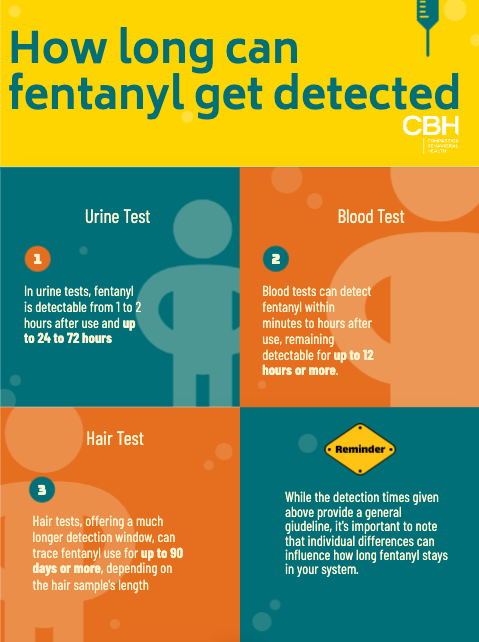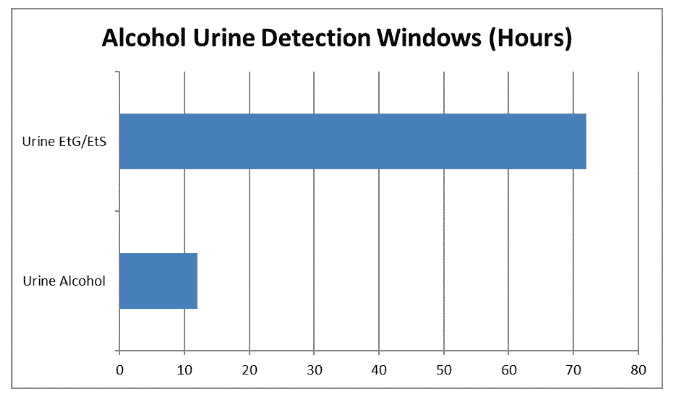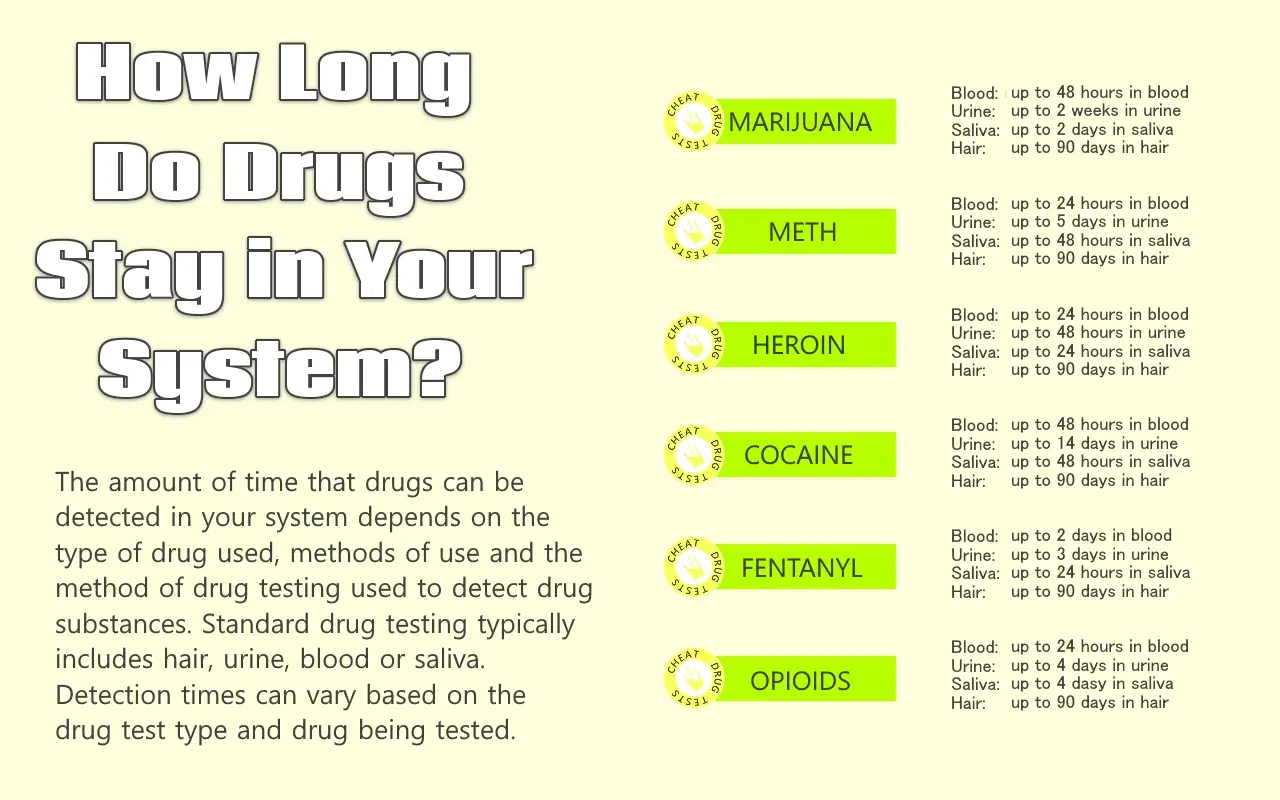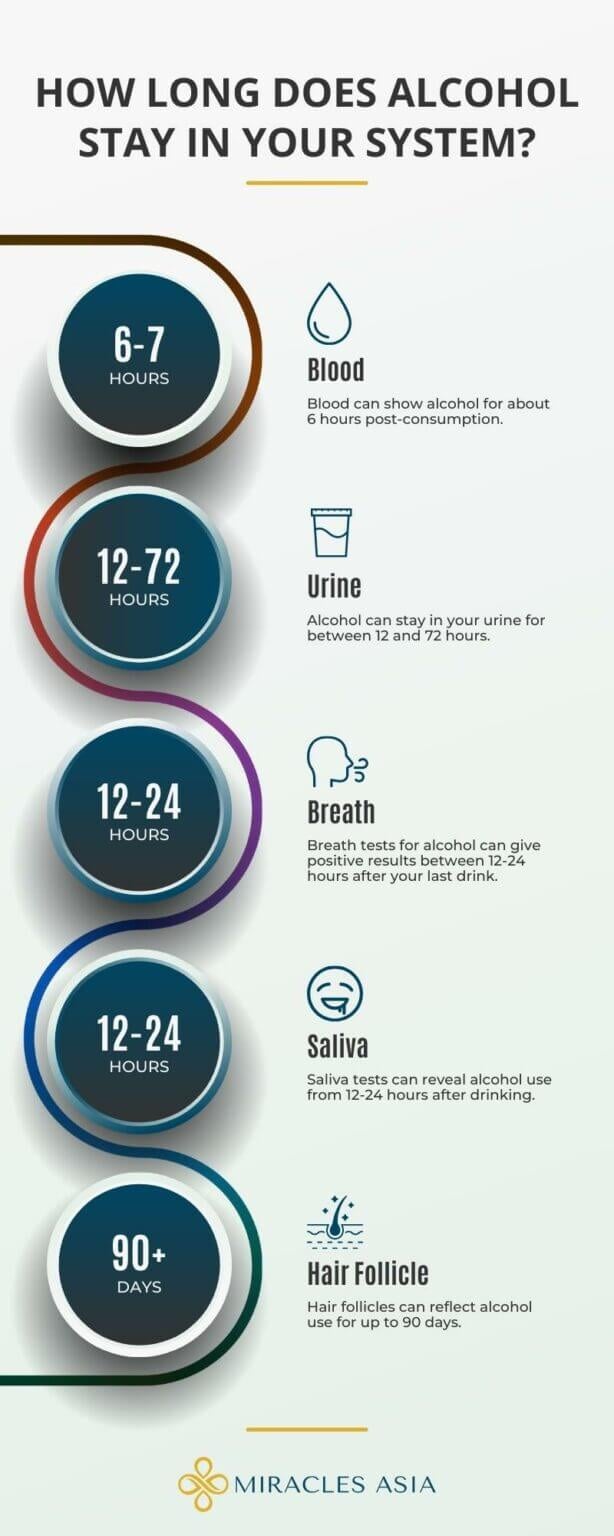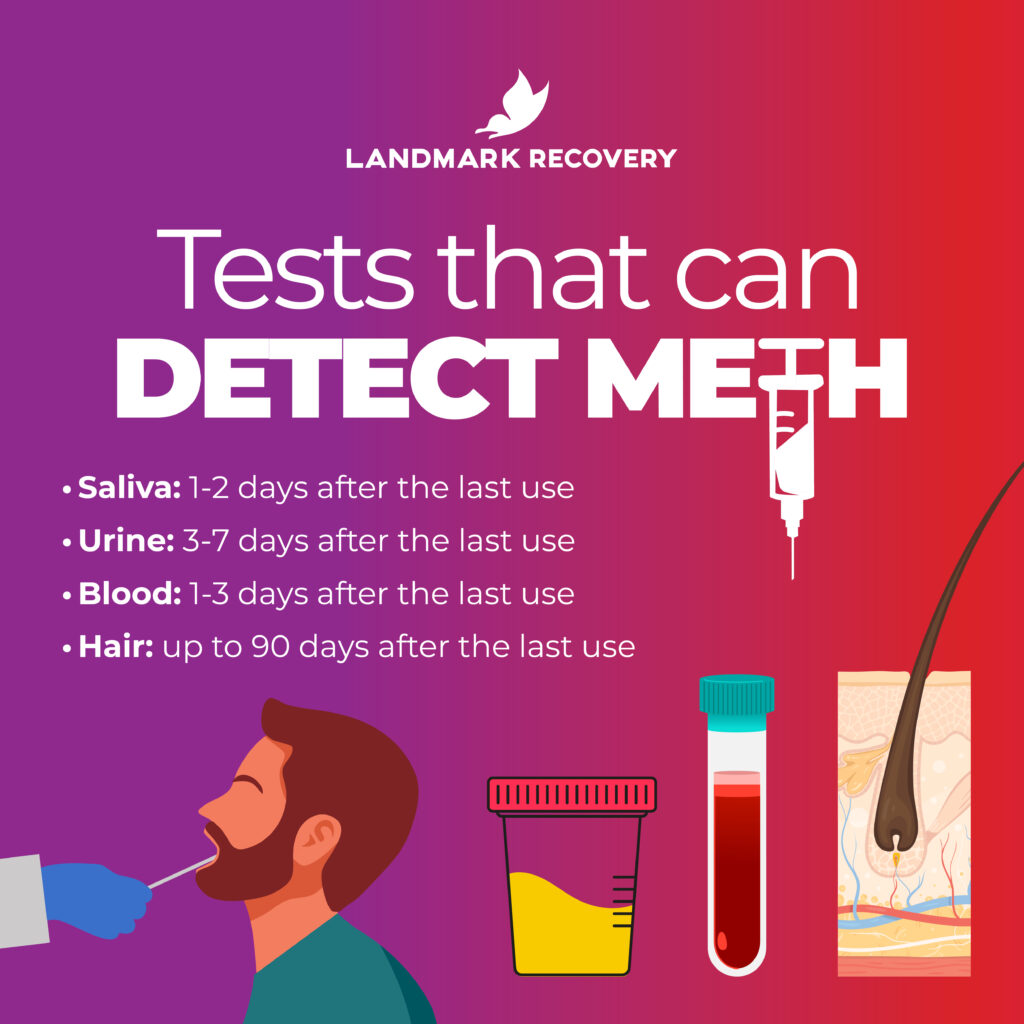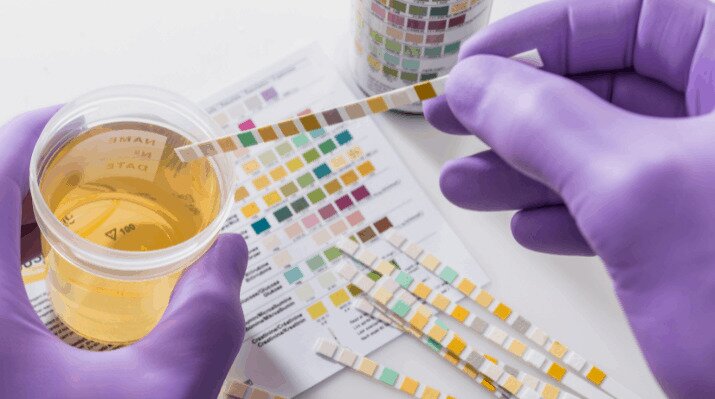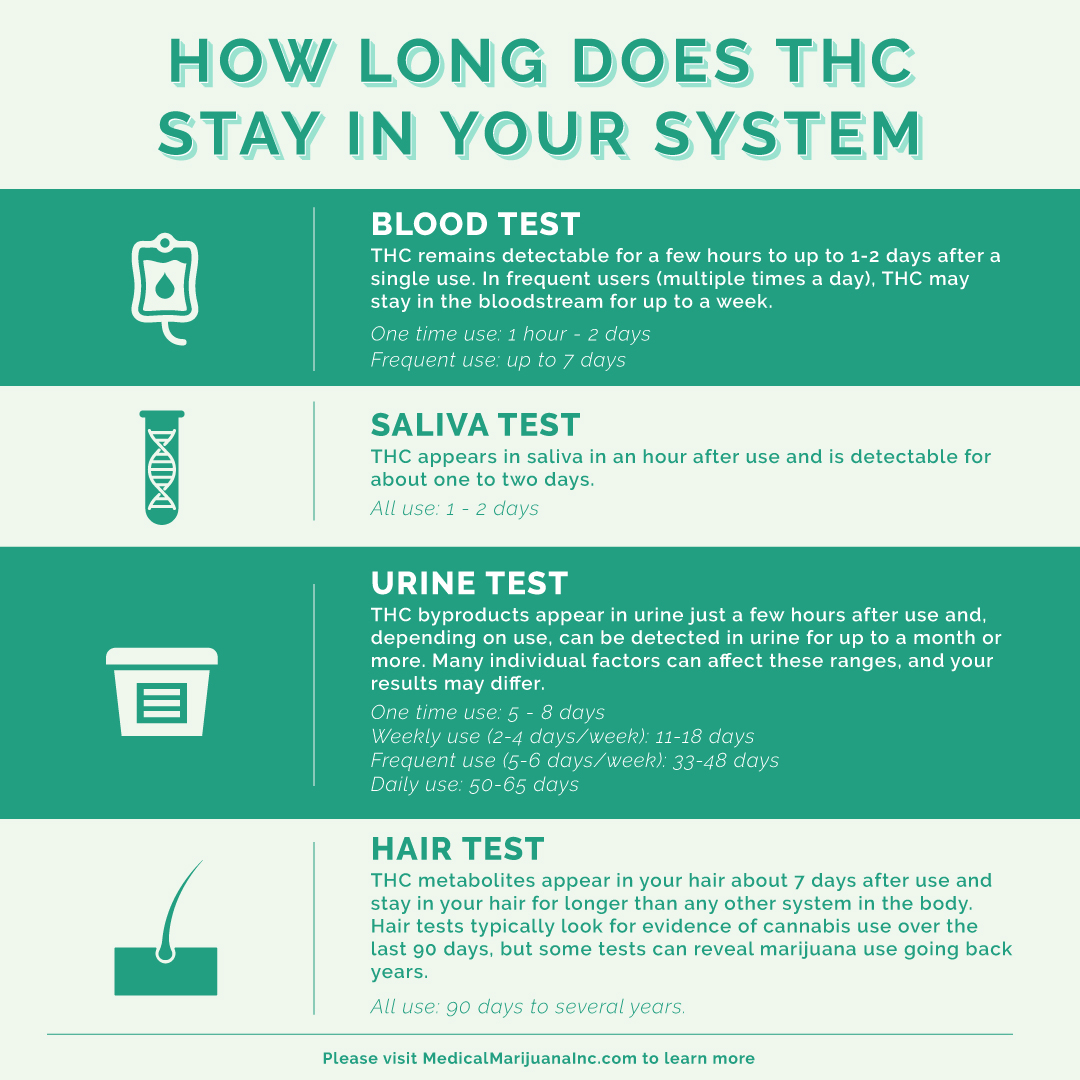How Long Does Delta 9 Stay In System Urine
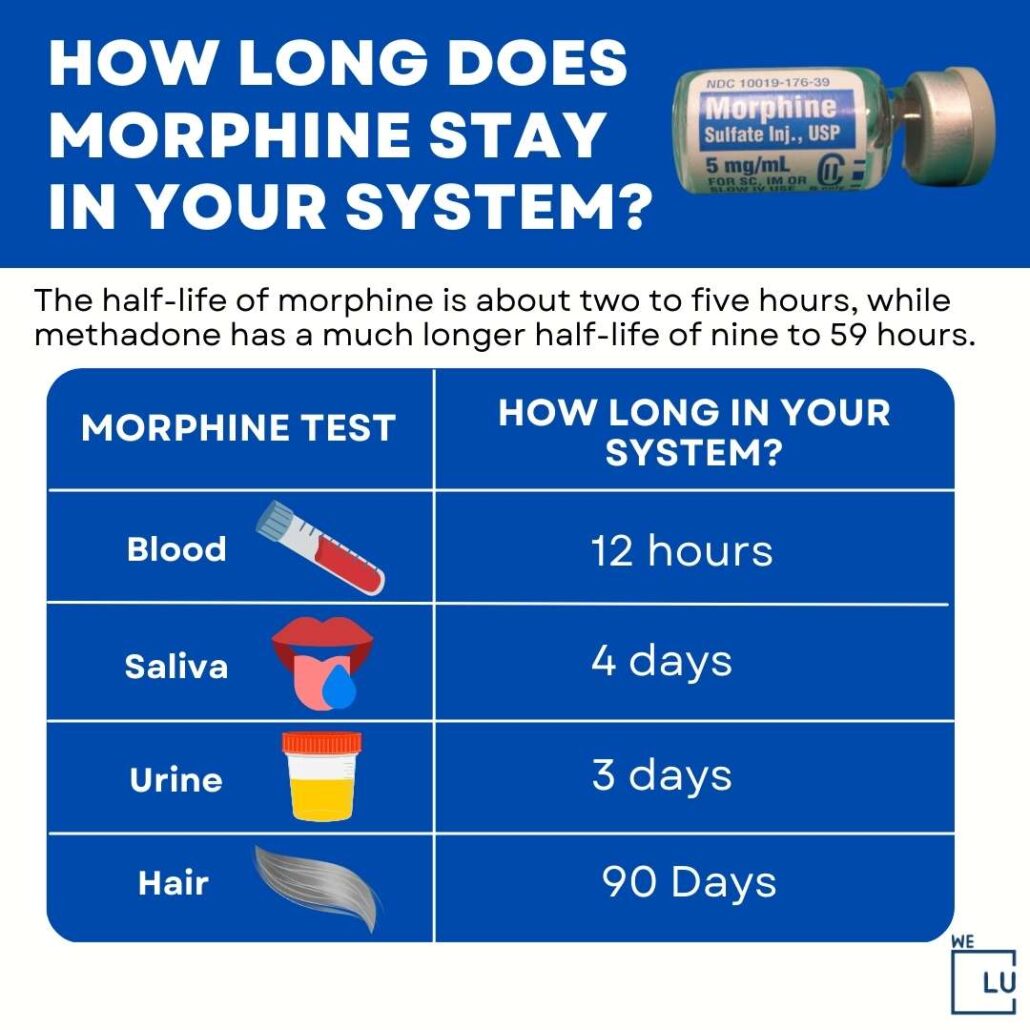
Imagine a late summer evening, fireflies blinking in the twilight, and the scent of freshly cut grass hanging in the air. The conversation flows easily among friends, laughter mingling with the crickets' chirping. In moments like these, where relaxation and connection are paramount, the topic of Delta 9 THC and its detectability might seem jarring. Yet, understanding how long this compound lingers in your system is crucial for making informed decisions about your well-being.
The question of how long Delta 9 THC, the primary psychoactive component of cannabis, stays detectable in urine is multifaceted. It depends on various factors like frequency of use, metabolism, body composition, and the sensitivity of the drug test. This article dives into these aspects, offering a comprehensive overview based on scientific insights and expert opinions to help you navigate this often complex topic with clarity and confidence.
Understanding Delta 9 THC and its Metabolism
Delta 9 THC, or tetrahydrocannabinol, is the key ingredient in cannabis that produces the "high" associated with marijuana use. When ingested, inhaled, or otherwise consumed, Delta 9 THC is metabolized by the liver into several metabolites, including 11-hydroxy-THC and THC-COOH.
THC-COOH is the primary metabolite screened for in urine drug tests. It's a non-psychoactive compound that can remain in the body for an extended period due to its fat-soluble nature, which allows it to be stored in fatty tissues.
Factors Influencing Detection Time
Several elements influence how long Delta 9 THC and its metabolites remain detectable in urine.
Frequency of Use: This is arguably the most significant factor. Infrequent users will generally clear THC from their system much faster than chronic, heavy users.
A single-use can be detectable for up to 3 days, while moderate use (four times a week) may show up for 5-7 days. Heavy, daily use can extend the detection window to 10-15 days, or even longer in some cases.
Metabolism: Individuals with faster metabolisms tend to process and eliminate THC more quickly. Factors like age, genetics, and overall health play a role in metabolic rate.
Body Composition: THC is fat-soluble, meaning it's stored in fatty tissues. People with higher body fat percentages may retain THC and its metabolites for longer periods.
Hydration and Exercise: While drinking plenty of water and engaging in regular exercise can support overall health and potentially aid in the elimination of toxins, their direct impact on drastically reducing THC detection times is limited.
Test Sensitivity: Different drug tests have varying levels of sensitivity. The standard cutoff level for THC-COOH in urine drug tests is 50 ng/mL (nanograms per milliliter).
However, some tests may use a lower cutoff level, such as 20 ng/mL, increasing the likelihood of detecting THC for a longer period.
Typical Detection Windows
Based on research and expert consensus, here are the typical detection windows for THC in urine, categorized by usage frequency:
Single Use: 1-3 days.
Moderate Use (4 times/week): 5-7 days.
Daily Use: 10-15 days.
Chronic, Heavy Use: 30 days or longer in some cases.
Scientific Insights and Research
Research on THC metabolism and detection windows has been ongoing for decades. Studies published in journals like the Journal of Analytical Toxicology have provided valuable data on the persistence of THC metabolites in urine.
A study by Sharma et al. (2012) highlighted the variability in THC detection times, emphasizing the role of individual factors in influencing drug test results. The study indicated that chronic users exhibited significantly longer detection windows compared to occasional users.
Navigating the Information Landscape
The topic of Delta 9 THC detection is often surrounded by misinformation and anecdotal claims. It's crucial to rely on credible sources and scientific evidence rather than unverified online forums or personal testimonials.
Consulting with healthcare professionals or toxicologists can provide personalized guidance and accurate information based on individual circumstances.
The Importance of Informed Decisions
Understanding how long Delta 9 THC stays in your system is not just about passing a drug test. It's about making informed decisions regarding your health, career, and personal life.
Whether you're an athlete subject to drug testing, an employee in a safety-sensitive industry, or simply curious about the effects of cannabis on your body, knowledge is power.
Conclusion: Clarity and Responsibility
The detectability of Delta 9 THC in urine is a complex issue influenced by a multitude of factors. While general guidelines exist, individual experiences can vary significantly. The key takeaway is to be informed, understand the potential consequences, and make responsible choices.
In a world where cannabis use is becoming increasingly prevalent, staying educated about its effects and detection is more important than ever. This knowledge empowers you to navigate the landscape with clarity and confidence, ensuring your well-being and peace of mind.

